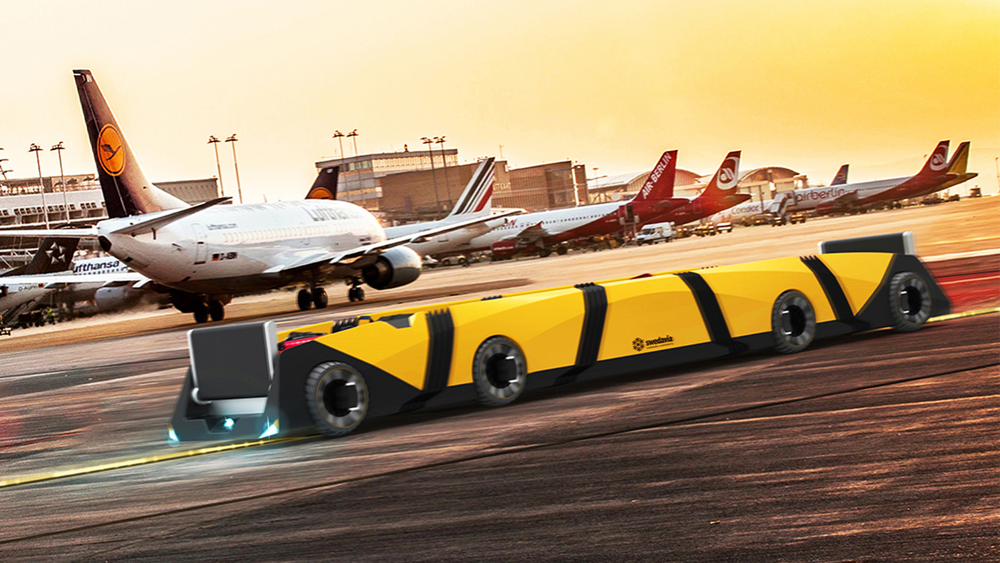The baggage-handling market is expanding rapidly. According to industry research, the global airport baggage handling systems market was approximately USD 9.4 billion in 2023 and is projected to reach USD 14.3 billion by 2030 (businesswire.com) (a CAGR around 6–12%). Other analyses report even higher growth rates (~12% CAGR to 2030) (mordorintelligence.com). Key drivers include rising air travel (expected to double by 2040), modernization of airports, and new safety requirements (like automated screening).
- Geographic Trends: Asia-Pacific represents the largest market share (owing to China’s airport boom and large new terminals) while North America is often cited as the fastest-growing region (mordorintelligence.com). Europe has steady demand from continual upgrades. Market leader analyses list Siemens, SITA, BEUMER, Vanderlande, and Leonardo as top competitors (mordorintelligence.com), each rolling out advanced BHS globally. Many emerging economies (India, Middle East, Latin America) are starting major airport projects, fueling vendor sales.
- Automation and Technology: A major trend is the shift to fully automated systems. Modern baggage systems incorporate AI for predictive sorting, advanced conveyor networks, and robotics. According to market reports, features like destination-coded vehicles (DCVs), robotic arms, and AI-driven tracking are becoming standard (businesswire.com)(mordorintelligence.com). For example, RFID baggage tags and Bluetooth trackers (AirTags) are increasingly adopted to minimize mishandling (internationalairportreview.com)(mordorintelligence.com). IATA’s mandate to track bags at four points has spurred airlines and airports to invest in new software and scanners(mordorintelligence.com). Enhanced security screening tech (3D CT scanners) is also integrated into BHS in many regions (internationalairportreview.com). These innovations improve efficiency and can justify the higher upfront market cost.
- Industry Forecasts: In broad terms, analysts expect sustained growth. One report notes that the number of airports handling >40 million pax (e.g. Atlanta, Beijing) is rising (mordorintelligence.com), which in turn raises demand for high-capacity baggage systems. Another predicts smart airports (with IoT and real-time analytics) will emerge as standard, further expanding the market. Some forecasts highlight a CAGR around 6–12% globally (businesswire.com)(mordorintelligence.com), meaning the market could roughly double in size by 2030. This aligns with airlines’ willingness to spend on baggage tech: Heathrow’s Terminal 5 handling 30 million passengers per year features one of the most extensive BHS in the world (over 200 km of belts), setting an example for reinvestment.
- Consolidation and Competition: The market has moderate concentration. Top players account for a large share, but growing airports in Asia and Africa are giving local integrators a chance. Mergers and partnerships (e.g. Vanderlande with Siemens components) are seen as vendors aim to offer end-to-end solutions (hardware plus software). There is also vertical integration: some airports develop proprietary technology (Schiphol and IDE Technologies on sorting algorithms) to gain an edge in contracts.
- Case Studies and News: Recent system launches illustrate these dynamics. Paris-CDG’s new Olympic-era baggage security system (April 2024) and Manchester’s Terminal 2 BHS (part of a £1.3B upgrade) demonstrate how flagship airports drive market trends (mordorintelligence.com). Similarly, Denver and Tampa in the U.S. are implementing cutting-edge systems under federal grants (faa.gov)(transportation.gov). These projects often include smart features (RFID tracking, self-service bag drops, etc.) that customers expect, feeding demand for such technologies.
In summary, market dynamics in baggage handling are characterized by robust growth fueled by technology adoption and global travel growth. Airports and airlines are investing in advanced systems, and vendors report booming sales. Key trends include automation (robots, AI, RFID) and the requirement for seamless tracking. With tens of millions of bags handled daily, the industry outlook remains strongly positive, with demand for modern baggage infrastructure expected to accelerate in the coming decade (businesswire.com)(mordorintelligence.com).


